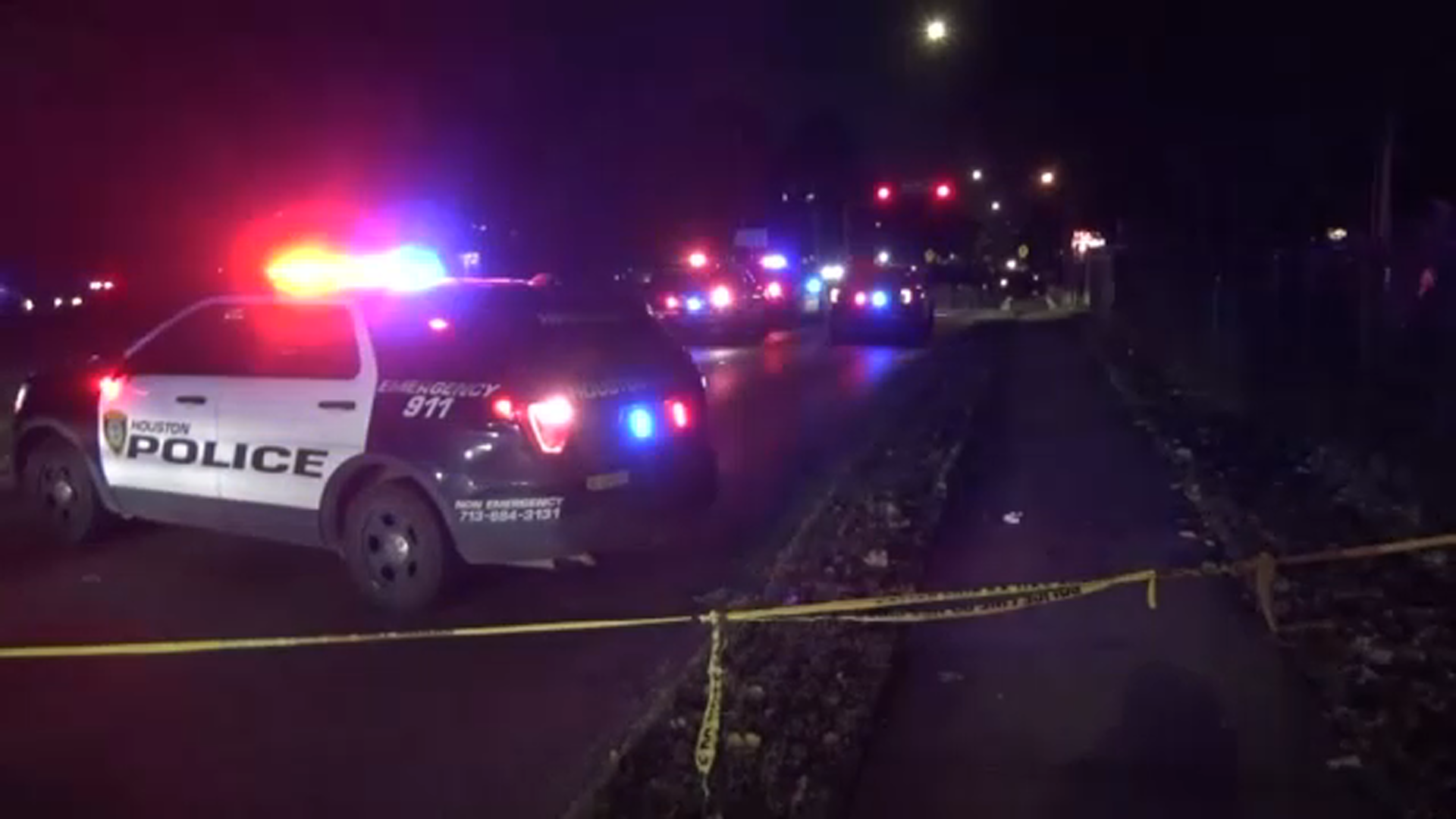Wastewater shows severity of COVID by zip code in the Houston area
HOUSTON, Texas (KTRK) -- As COVID-19 cases remain high, the city of Houston's health department has a tool that can help pinpoint where outbreaks are happening.
City officials said they're testing wastewater in the community because people who have COVID-19 shed the virus, regardless of symptoms.
"It trends, and we can see whether the amount of virus in the wastewater is increasing or decreasing," said Chief Environmental Officer Loren Hopkins, with the city's health department.
The city has been collecting weekly samples from 39 wastewater treatment plants since May 2020.
SEE ALSO: Houston's COVID wastewater level up 320% from a year ago

Officials with Houston's health department and Rice University said they are analyzing the data.
"What we do is, we compare. Like, this area of town is higher than this area of town," Hopkins said. "That tells us where the virus is changing, or increasing, or areas we need to focus on for intervention to stop the spread."
In those zip codes where the virus is more prevalent, experts can go a step further and hone in on specific facilities, like schools and nursing homes, by accessing samples from manholes.
"Then, we report that information back to the facility so they know that somebody in the building is shedding the virus, and then they can take further action," she said.
Not surprisingly, the city has seen a huge spike in the virus due to the delta variant.
For perspective, if you compare the peak that we saw in July 2020 to August 2021, the numbers are 300% higher now than it was back then.
Hopkins said the good news is that the numbers are starting to drop off some.
"It is going down, and were glad it's going down. But, there's a lot a virus out there. [It's] time to get vaccinated," said Hopkins.
For more on how the city is tracking COVID, follow Marla Carter on Facebook,Twitter and Instagram.






